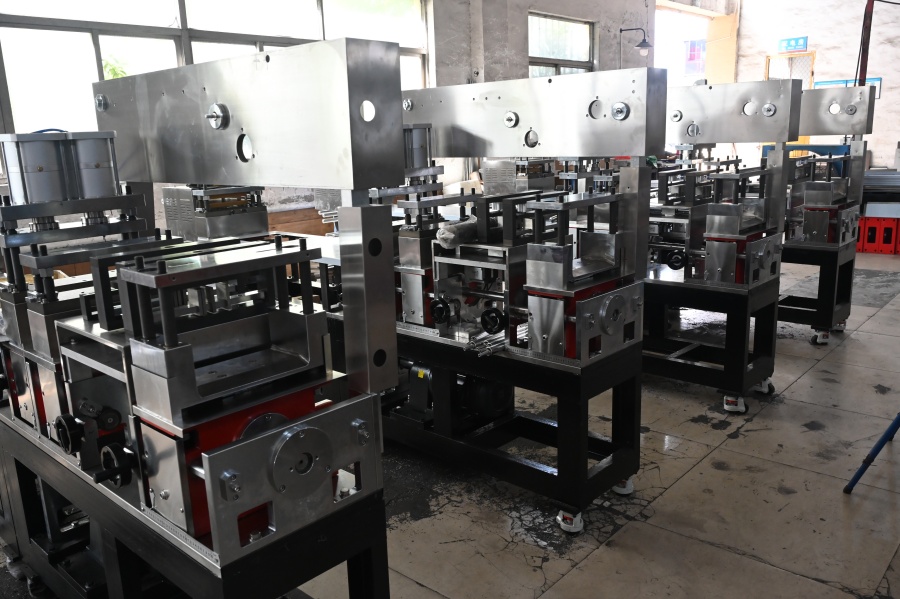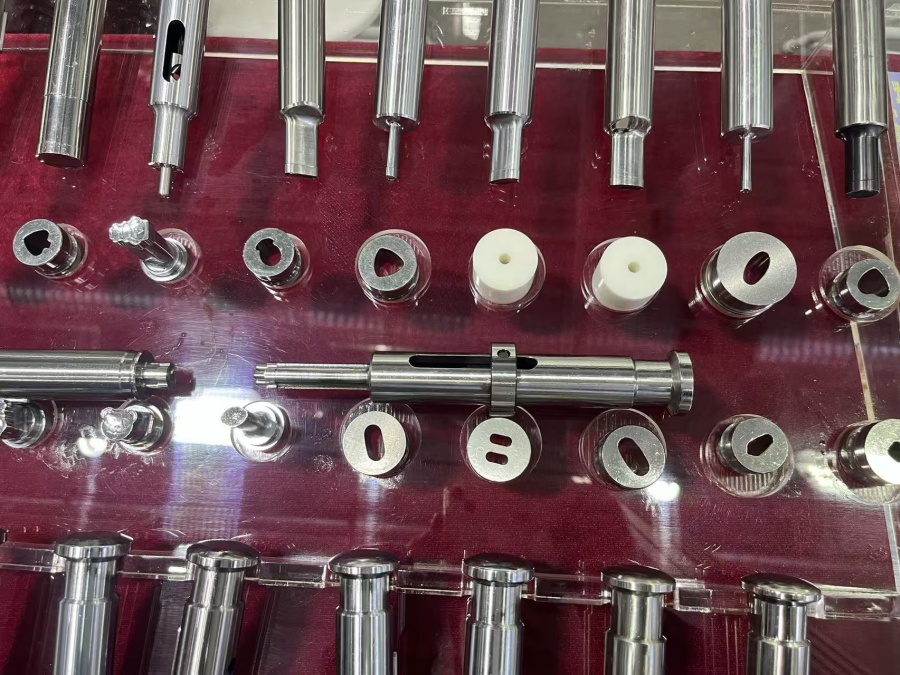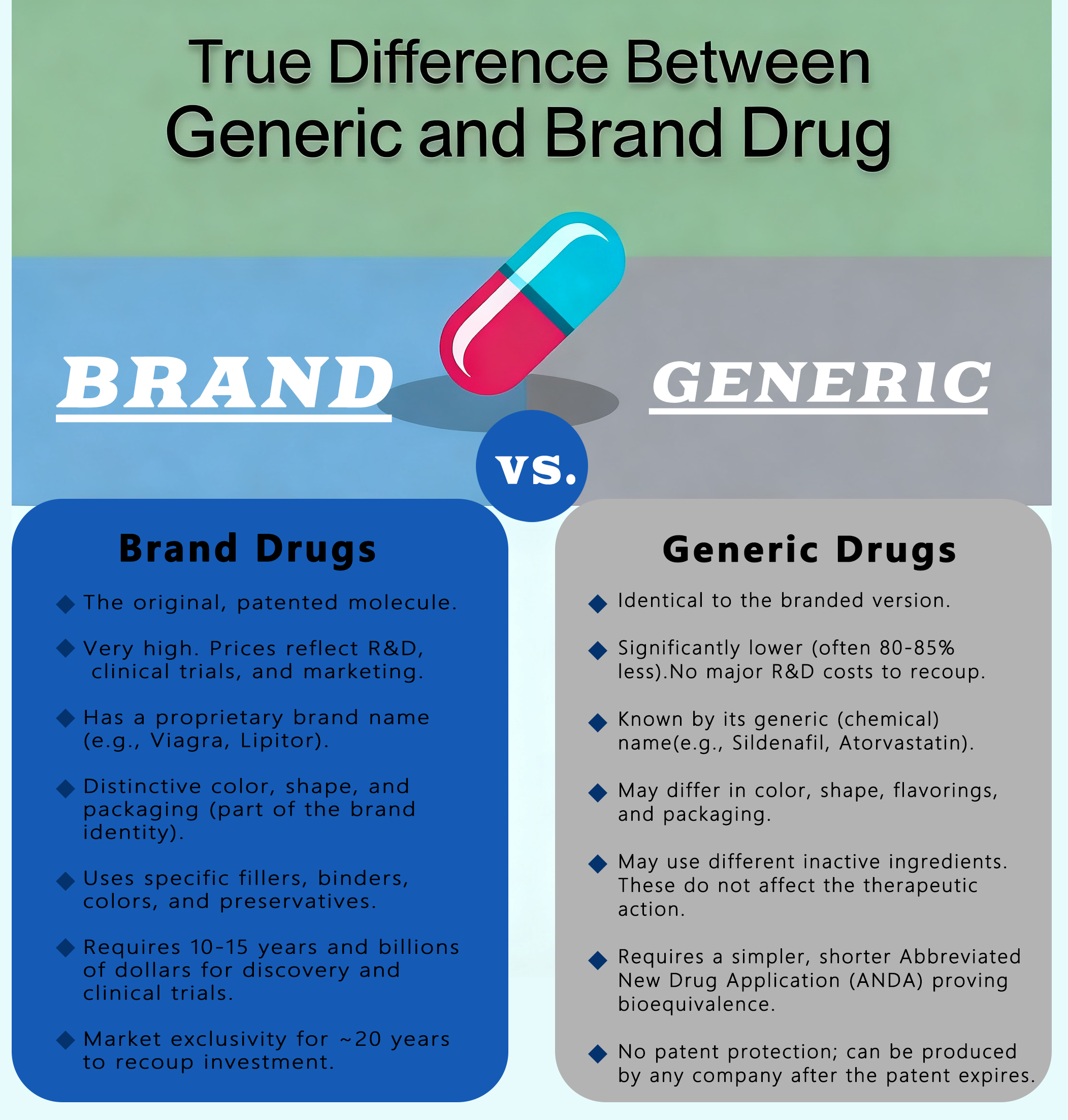The global vegetable capsules market hit USD 1.76 billion in 2024, and it’s not slowing down anytime soon. More people now want supplements that are effective, ethical, plant-based, and sustainable.

This is where vegetable capsules come in. Vegetable capsules are clear, plant-based shells. They replace traditional gelatin capsules made from animal by-products.
These veggie capsules are more than just vegan, halal, and kosher-friendly. Thanks to their higher stability, vegetable capsules perform better than gelatin capsules. Hence, their popularity among supplement formulators and health-conscious consumers is not surprising.
But what are these transparent shells made of? And what makes vegetable capsules better than gelatin capsules? This guide explains everything you need to know about vegetable capsules.
What Are Vegetable Capsules?
Vegetable capsules are transparent shells made from plant-based ingredients. They hold medications, supplements, probiotics, and herbal blends. Industry experts make traditional gelatin capsules by boiling animal skin, bones, and ligaments. However, veggie capsules come from non-GMO, plant-based materials. These include materials like pine trees, seaweed, and tapioca starch.

Vegetable capsules avoid the ethical, dietary, and religious concerns linked to gelatin. It’s because they contain no animal by-products. They’re vegan, halal, kosher, and allergen-free, meeting modern health and ethical standards.
What Are Veggie Capsules Used for?
With a steady 10% Compound Annual Growth Rate (CAGR), vegetable capsules are growing fast. Here’s how veggie capsules are commonly used:
1. Prescription Medications
Some people can’t take gelatin because of allergies, religious reasons, or ethical concerns. Vegetable capsules provide them a safe, plant-based option.

2. Dietary Supplements
Vitamins and supplements, once packaged in gelatin, are now widely available in veggie capsules for vegetarians and vegans.

3. Probiotics
Pullulan-based capsules offer excellent oxygen barrier properties, ideal for protecting oxygen-sensitive ingredients like probiotics.

4. DIY Herbal Compounding
Many consumers fill empty capsules with turmeric and custom herbal blends.

5. Moisture-Sensitive Formulas
With their low water content, vegetable capsules are perfect for filling moisture-sensitive drugs and herbal powders.
What Are Vegetable Capsules Made Of: Key Components
Most veggie capsules in the market are made from HPMC (Hydroxypropyl Methylcellulose). It is a highly stable plant-based polymer, known for its strength and flexibility. Here is the list of ingredients typically found in these capsules:
1. Hydroxypropyl Methylcellulose (HPMC)
Also called Hypromellose, HPMC is the main ingredient in most vegetable capsules. It comes from softwood trees, such as pine and spruce, and gives the capsule its structure.

2. Purified Water
Water acts as a solvent and keeps the capsules flexible. The storage conditions and the type of active ingredient determine the exact amount used.

3. Plasticizers
Along with water, vegetable capsules may contain plant-based plasticizers, like sorbitol and glycerine. They help improve the texture by making the capsules less rigid.

4. Colorants
A small amount of color is sometimes added to differentiate the dosages and uses of vegetable capsules. These FDA-approved colorants also contribute to brand identity, light protection, and visual appeal. You’d find this commonly used in multivitamin products.

5. Opacifiers
Manufacturers may add opacifiers, such as Titanium dioxide, for extra protection against light and photodegradation. They shield delicate ingredients and maintain their integrity and shelf-life.
Types of Vegetable Capsules
All vegetable capsules contain plant-based materials. However, the type of material the operator uses gives the capsules unique traits. Here are some of the most common types of vegetable capsules:
1. HPMC Capsules
HPMC capsules rule the vegetable capsules market. They’re made from a modified form of plant cellulose. Additionally, they hold very little water, which makes HPMC capsules great for hot and dry environments. HPMC capsules also stay stable across a wide pH range, so they work well with many active ingredients.
2. Pullulan Capsules
Pullulan comes from fermented tapioca. These capsules have excellent oxygen barrier properties. This helps protect sensitive ingredients, such as probiotics, Omega-3s, and fish oil. To make pullulan capsules, tapioca starch is fed to a special type of fungus. It is then stabilized using a mixture of polysaccharides, called carrageenan.
3. Vegetable Cellulose Capsules
Manufacturers often use generic cellulose blends to make cellulose capsules. It offers a budget-friendly and clean-label option. They dominate general wellness supplements, where low-cost and plant-based ingredients matter most. But, the hard shell can make swallowing difficult, discouraging consumer preference.
4. Tapioca Starch Capsules
Derived from Cassava roots, Tapioca Starch capsules are grain-free, gluten-free, and non-GMO. They combine native starch with pullulan, which makes them easy to digest. Moreover, tapioca capsules have a sticky and bright appearance that makes them stand out.
5. Alginate Capsules
Sourced from brown seaweed, alginate capsules are acid-resistant, which allows delayed-release delivery. This allows them to shield the actives through the stomach. Later, the ingredients are released into the digestive tract.
What are the Benefits of Veg Capsules?
Clean-label expectations, sustainability, and inclusivity are no longer trends. They’re the new standard. Here’s why vegetable capsules are in such high demand:
1. Suitable for All Dietary Preferences
One of the biggest advantages of vegetable capsules is their universal dietary compliance. They’re crafted from plant-based materials, so they meet vegan, halal, and kosher standards. This makes veggie capsules a good choice for people with cultural, religious, and ethical restrictions.
Global data for 2025 shows that 25.8 million people worldwide adopted a vegan lifestyle. This shows the increasing demand for plant-based alternatives around the world. Due to this, many manufacturers are shifting their product lines to include vegetable capsules.
2. Tasteless and Odor-Free
Gelatin capsules often carry a slight odor or aftertaste due to their animal origin. Contrary to this, vegetable capsules are completely neutral in both taste and odor. Thus, veggie capsules work great for encapsulating bitter, strong-smelling ingredients, like turmeric.
3. Higher Stability in Low Humidity
HPMC capsules are the most commonly used vegetable capsules. They are designed to retain a low moisture content. In fact, they remain stable in dry climates, meaning you can even dry them below 1% moisture without turning brittle. This makes veggie capsules perfect for moisture-sensitive ingredients and harsh storage conditions.
4. Chemical-Free and Clean-Label Friendly
Vegetable capsules check every box of a clean-label friendly product. They don’t contain allergens, additives, or preservatives, so they’re safe for everyone.
5. Ethically Manufactured
HPMC and Pullulan are derived from plant sources, such as pine pulp and fermented tapioca. Therefore, they have a significantly smaller environmental footprint than the traditional gelatin capsules. Beyond that, no animals are harmed in the process. This makes it easier for eco-conscious buyers while making a choice.
What is the Difference Between Gel and Vegetable Capsules?

Both gelatin and vegetable capsules serve the same basic purpose. They deliver active ingredients in a solid, easy-to-swallow form. However, their differences in source, stability, and dietary compatibility set them apart. Let’s break down the key differences:
1. Source Material
The most obvious distinction between vegetable and gelatin capsules is where they come from. Gelatin capsules are made from animal collagen, sourced from cows and pigs. The manufacturers boil bones, skins, and hooves of these animals to extract a gel-like collagen. These are then turned into gel capsules.
Vegetable capsules, on the other hand, are made entirely from plants. They use materials, such as pine trees, seaweed, and even fermented tapioca, to create plant-based shells.
2. Moisture Content and Stability
Moisture levels affect how capsules hold up in different climates. Gelatin capsules contain 13% and 16% moisture, which makes gelatin shells prone to brittleness in dry conditions. Moreover, the high moisture also makes gel capsules overly soft in high humidity.
Vegetable capsules, especially HPMC capsules, have a much lower moisture content between 3-6%. Interestingly, they can be dried down to as little as 1% without losing stability. Vegetable capsules resist moisture. This helps them stay more stable during transportation, storage, and delivery.
3. Heat Sensitivity
Gelatin capsules are more sensitive to heat. That’s why they don’t dissolve below 30°C. On the other hand, vegetable capsules stay stable at room temperature. They can also handle temperatures up to 80°C. This makes them a safer and more reliable choice in hot environments.
4. Cross Linking Risk
Gelatin capsules are more prone to cross-linking. In this process, compounds like aldehydes make the capsule shell harden and resist dissolving.
This affects how supplements work in the body. Vegetable capsules, however, have a much lower risk of cross-linking. They also perform consistently, even with reactive or sensitive ingredients.
5. Oxygen Barrier
For sensitive ingredients like fish oil and probiotics, oxygen exposure matters. Gelatin provides moderate oxygen protection, but pullulan capsules have much stronger oxygen-barrier properties. This helps extend the potency and shelf-life of sensitive content.
Cost Considerations
Gelatin capsules are usually cheaper because gelatin is easy to get from animal by-products. In contrast, vegetable capsules cost slightly since it takes more work to extract plant cellulose. Still, vegetable capsules are worth the price because they’re clean-label, ethically sourced, and more stable.
Why Choose Vegetable Capsules
Gelatin capsules have been popular for many years. But now, vegetable capsules are becoming more common. They fit better with modern lifestyles and are made from ethical, plant-based sources. The best part is they meet the growing demand for clean-label products.
You can find vegetable capsules in both over-the-counter supplements and prescription medicines. They are no longer just an alternative; they are an upgrade.
FAQs
1. Do vegetable powders really work?
Vegetable powders can’t fully replace real vegetables and fruits. However, good-quality powders can still provide useful nutrition. They are packed with vitamins and antioxidants, which can help people who don’t eat enough fruits and vegetables every day.
2. Do vegetable capsules dissolve in water?
Vegetable capsules easily dissolve at room temperature or optimum temperature (10-55°C). They dissolve within 25–45 minutes and don’t need additional ingredients to help them break down.
3. How to know if a capsule is veg or non-veg?
You can ask your pharmacist or look at the label to see if a capsule is vegetarian or not. If it’s a random capsule and there’s nothing on the label, do a simple test of dissolving it in water. If it starts to dissolve, it’s likely a vegetarian capsule because HPMC breaks down at lower temperatures. Gelatin capsules usually need temperatures above 30°C to start dissolving.
4. Do vegetable capsules dissolve in the stomach?
Vegetable capsules dissolve under acidic stomach conditions, typically taking 20-30 minutes. The dissolution period varies depending on the design and content of the capsule.
5. Are vegetable capsules safe to consume?
Vegetable capsules are generally safe to use. Made from natural, plant-based ingredients, these capsules are non-toxic and clean-label. Vegetable capsules have clean-label formulas with no hidden chemicals. This makes them safe for people with religious, ethical, or health concerns.
Recommend Readings:
- Capsule vs Tablet: The Complete Beginner’s Guide.
- What is Softgel Capsule? Everything You Need to Know.
- The Ultimate Guide to Capsule Size Chart.
- Understanding Capsule Shells: A Complete Guide.
- How to Fill Capsules: Video Guide.
- Soft Capsule vs Hard Capsule: Which Suits Best for You!
- Understanding Capsules: The Essential Guide to Pharmaceutical Capsules.
- Explore The Different Types of Pills: The Complete Guide.




